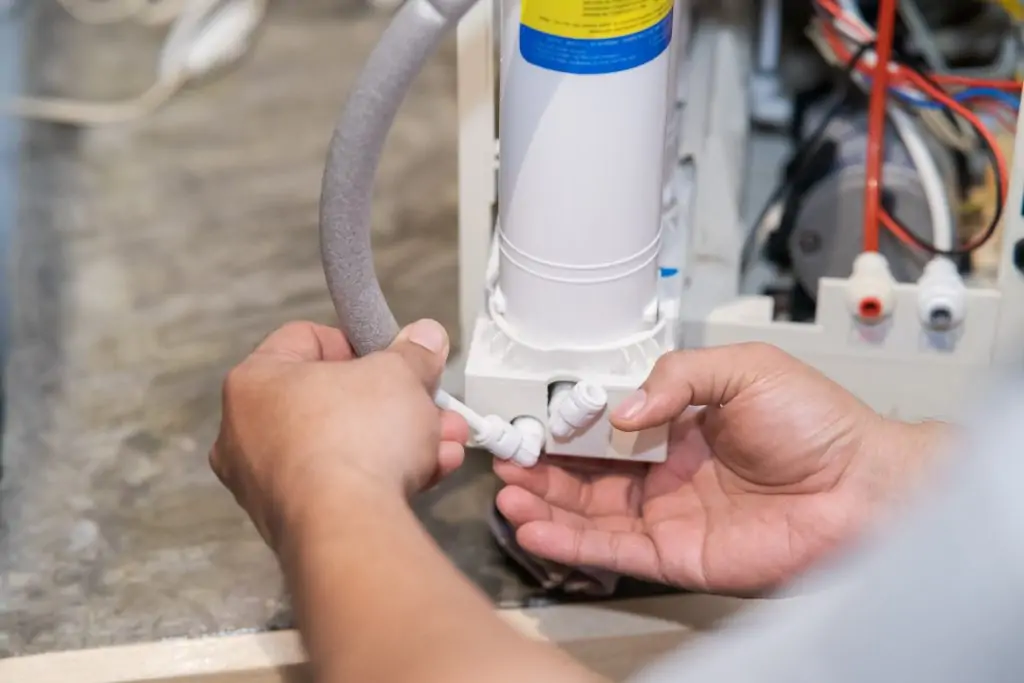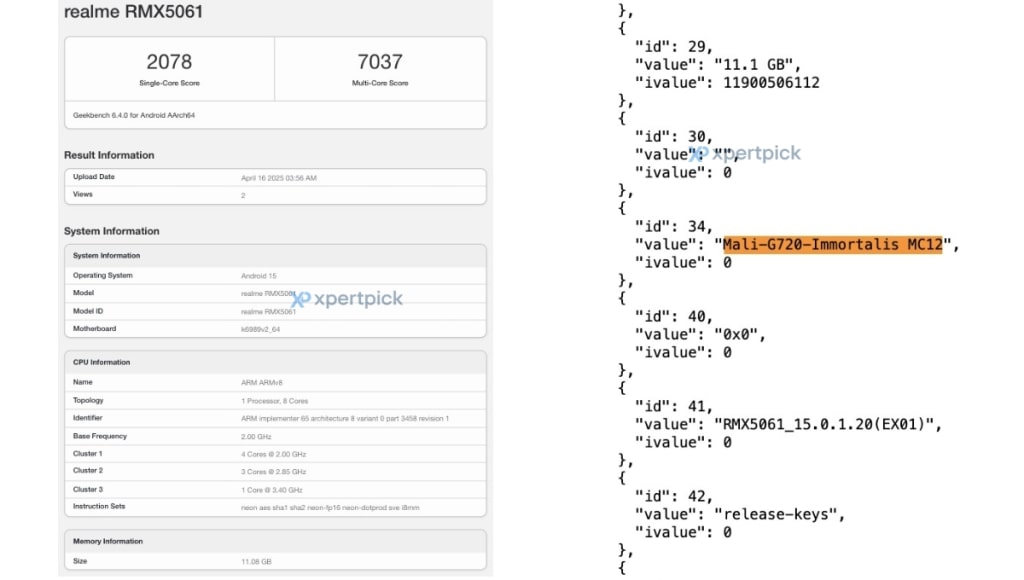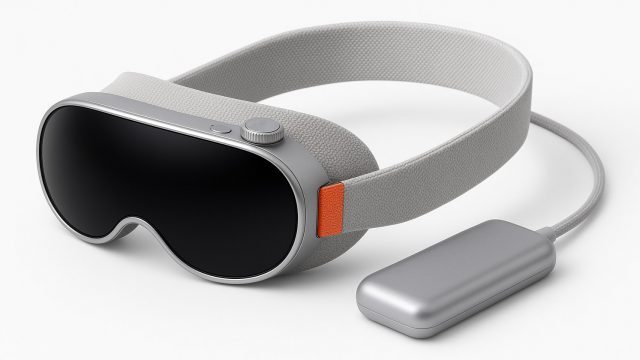Many people rely on portable water filtration systems today. These systems remove contaminants from water sources when clean drinking water is not readily available. There are several types of portable filters that use various methods to clean water.
Portable Filtration System Options
One common type is a pump filter. Pump filters force water through a filtration medium using hand pressure on a pump mechanism. Most pump filters use a hollow fiber membrane that traps particles and microbes. They are effective at removing bacteria, protozoa like Giardia, and particles. Pump filters are easy to use. Simply place the intake tube in water, operate the pump handle, and the filtered water comes through the output.
Another type is a straw filter. Straw filters also use membrane filtration but instead of pumping, users simply place the straw end in water and suck through the mouthpiece. They are extremely portable and ideal for drinking directly from streams or other water sources. Straws usually filter out bacteria and protozoa but not viruses.
Gravity filtration systems operate on the same hollow fiber membrane technology but use gravity instead of pumping or suction. Dirty water goes into an upper reservoir and slowly drips through the filter into a clean reservoir below. Gravity systems can filter larger quantities of water but are bulkier for transport. They work well for base camp use. The Berkey serves as a good example of this type of system.
Another portable option is a UV water purifier. These devices use ultraviolet light to kill bacteria, viruses, and protozoa in water. Water flows past a UV bulb inside the unit, and the light neutralizes the DNA of microorganisms to destroy them. One limitation is that UV does not remove particulate matter or chemicals. The user must know what contaminants they may encounter and purchase a device that filters those contaminants.
For the most complete filtration, pump filters and UV purifiers can be combined into an integrated system. First, the pump removes particles and protozoa, and then the UV light cleans up viruses and remaining bacteria.
In contrast, water bottle filters attach to reusable water bottles. They have carbon filters that reduce chlorine, tastes, and odors, but do not remove microbes. They are a lower-cost option for tap or urban water sources only.
Finally, there are lightweight chemical treatment options. These use either chlorine dioxide or iodine to kill microbes. They are easier to pack but take 30-45 minutes to treat water. The chemicals can also leave an aftertaste.
The best portable water filter will depend on factors like activity type, group size, water sources, and weather conditions. However, using any filter is better than drinking directly from backcountry sources which can harbor bacteria, viruses, and protozoan cysts that cause illnesses like giardiasis, cryptosporidiosis, and norovirus. Portable filtration provides safe clean drinking water for hikers, emergency preparedness, and international travel to questionable water supply areas.
Uses for Portable Water Filtration Systems
As mentioned, very human needs access to clean, safe drinking water. Sadly, not all people do. Wilderness areas, developing countries, disaster sites, and other locations often lack reliable sources of potable water. Contaminated water can make a person seriously ill. It may even kill them. Portable water filtration systems ensure people have clean water when they need it.
Portable water filters turn unsafe water into purified drinking water. They are small, lightweight, and discreet. With this portable purifier, you can avoid illness and enjoy clean water anywhere.
Disaster relief organizations bring portable water filters when providing aid after natural disasters like hurricanes, floods, and earthquakes. People often lose access to clean water due to damage to water infrastructure. Portable filters allow relief workers to take water from any available source, like ponds, creeks, or rainwater, and make it potable for those in need. Quick access to drinking water prevents sickness and dehydration in the aftermath of the disaster.
A water filter can come in handy when traveling abroad, especially in developing countries. Tap and well water may not always be safe to drink. Using a portable filter allows the user to filter out viruses and bacteria from questionable water sources. This helps prevent traveler’s diarrhea and other waterborne illnesses. Filters also reduce the need to purchase bottled water and generate plastic waste, of concern to many.
Access to clean water is critical during emergencies like infrastructure failures. When normal water sources are disrupted, contamination becomes a major health risk. Diseases from consuming unsafe water are one of the biggest threats in crises. The emergency response must prioritize water access points and treatment like boiling, chlorination, or filtration. Restoring safe water protects public health in emergencies. Access is a basic human right that must be maintained even in situations when normal infrastructure fails. such as when a water main breaks.
For outdoor enthusiasts, carrying a lightweight water filter is recommended for hiking, camping, fishing, and other activities. If you run out of clean water, you can use a filter to replenish your supply from a lake or stream instead of cutting your adventure short. They also provide clean water for cooking and washing up in the wilderness.
Portable water filters empower those living off-grid to be self-sufficient in meeting their water needs. Without running water, they can filter rainwater or water from wells, creeks, or ponds. Those living on boats, RVs, and in remote cabins rely on portable filters for their regular water needs. The filters remove bacteria, protozoa, and in some cases metals, chemicals, viruses, and microplastics.
When leading groups on trips abroad, tour operators and mission groups often bring portable filters. This allows the group to stay hydrated and avoid illness by filtering water from local sources. Portable filters are especially critical when traveling in remote areas with limited access to clean water and vulnerable municipal water infrastructure.
By removing contaminants, portable water filters make non-potable water sources safe to drink. Their small size, light weight, and easy operation make them invaluable for camping, travel, emergencies, and survival situations. Having access to purified water provides safety, health, and convenience wherever your adventures take you.
Factors to Consider When Choosing a Portable Water Filtration System
Never choose a system based on price alone. Factors to consider when making this purchase include the following.
- Type of contaminants – Different filters target different contaminants. Make sure to choose a filter that removes the particular contaminants present in the water sources you’ll be accessing. For example, a filter that only removes bacteria and protozoa may not be sufficient if heavy metals, viruses, or chemicals are concerns. Activated carbon filters help remove some chemicals and odors, while reverse osmosis filters can remove metals and salts.
- Weight and size – Ultralight backpackers will want the most compact and lightweight option, while other uses may prioritize capacity over portability. The pump style of filter is often lighter than gravity-style filters. Check the weight with water and without to understand the impact.
- Flow rate – If you need to filter water quickly, look for options with faster flow rates. Gravity-style filters typically have higher flow rates than pump styles.
- Capacity – Consider how much water you need to filter between sources. Large capacity reservoirs allow you to filter enough water for the duration of your trip. However, they add weight, so assess your expected needs.
- Ease of use – Pump-style filters require physical effort to operate. Gravity-style filters are passive. Some filters may have complex parts or assemblies. Evaluate your willingness to do maintenance and repairs.
- Filter lifespan – Check how long the filter cartridge is designed to last. Some may need replacement after limited use. Opt for longer-lasting filters if you will use the system frequently.
- Filtration stages – More filtration stages mean higher quality water but could slow the flow rate. Decide what level of filtration you require. At minimum, look for filters that block bacteria and protozoa.
- Maintenance – All filters require some maintenance like occasional backwashing or cartridge replacements. However, some are easier to clean and maintain than others. See what’s involved for the models you’re considering.
- Adaptability – Many filters are designed as standalone units. Some can be converted into inline filters to connect with bladders or gravity setups. Assess if adaptability is important for your application.
- Reliability – Read product reviews and opt for established brands with a reputation for quality. Check that the model has been tested to established standards for water filtration.
- Cost – Prices range widely, from $20 to $300 or more. Set a budget and look for the best value at that price point. Cost often correlates to longevity and filtration effectiveness.
- Intended use – Consider specifics like group size, expected water sources, planned activities, length of excursion, etc. Match the filter to your primary anticipated uses.
With so many portable filter options on the market, take the time to carefully evaluate your needs before making a selection. Choosing the right balance of filtration effectiveness, capacity, weight, ease of use, and cost can provide safe off-grid water for all your outdoor activities. Analyzing the factors above will guide you to the ideal portable water filter for your purposes.







